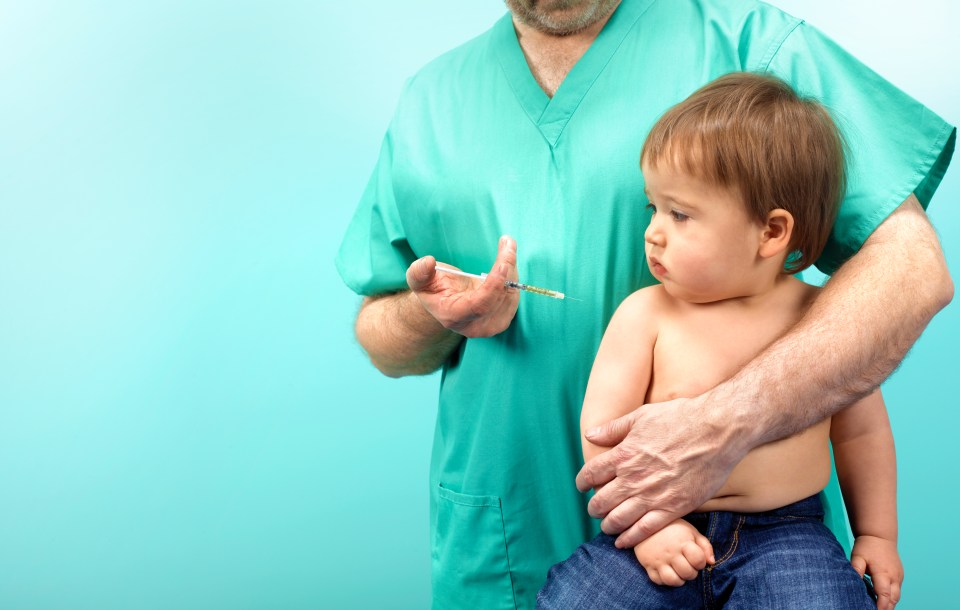YOUNG children will get chickenpox vaccines free on the NHS for the first time from January.
One to three-year-olds will get it with the measles, mumps and rubella jab.
About half a million a year will benefit, with eligibility criteria to be announced soon, the Department of Health says.
Currently, families must pay about £150 for private vaccines or allow their child to develop immunity by catching the bug.
Chickenpox is a common skin infection caused by a herpes virus and is most common in the under-tens.
Most recover within a fortnight but it can be more serious and costs the NHS £15million a year.
Health minister Stephen Kinnock said: “We’re giving parents the power to protect their children from chickenpox and its serious complications.
“This vaccine puts children’s health first and gives working families the support they deserve.”
Dr Gayatri Amirthalingam, from the UK Health Security Agency, said: “For some babies, young children and even adults, chickenpox can be very serious.
“It is excellent news that we will be introducing a vaccine. It could be a lifesaver.”
The jab is already used in the US, Canada, Australia and Germany.
Meanwhile, nearly one in five school-starters are not fully protected after uptake for the four-in-one diphtheria, tetanus, polio and whooping cough booster and MMR jabs dropped again.
How to treat chicken pox at home?
Chickenpox is a common illness among children, characterized by an itchy rash and flu-like symptoms.
While it usually resolves on its own, there are several ways to manage the symptoms at home effectively.
Dr. Zoe Williams, a General Practitioner, shares essential tips for treating chickenpox.
She emphasizes the importance of keeping the skin cool to reduce itching and avoiding scratching to prevent infection and scarring.
Calamine lotion and antihistamines can help soothe the itch, and paracetamol can be used to manage fever, but ibuprofen should be avoided as it can lead to severe skin reactions.
Hydration is crucial, and giving children plenty of fluids can help. Additionally, oatmeal baths and loose clothing can provide comfort. Dr. Williams warns against exposing children to the sun, as it can exacerbate symptoms and cause complications.
By following these guidelines, parents can help their children manage chickenpox symptoms more comfortably and reduce the risk of complications.













